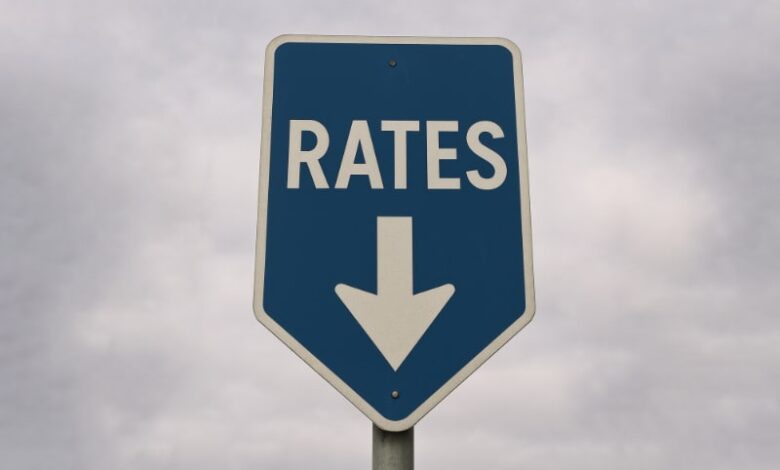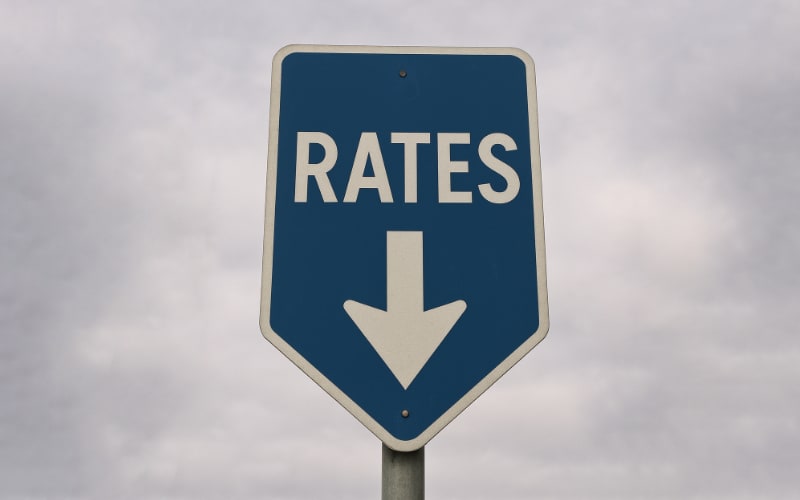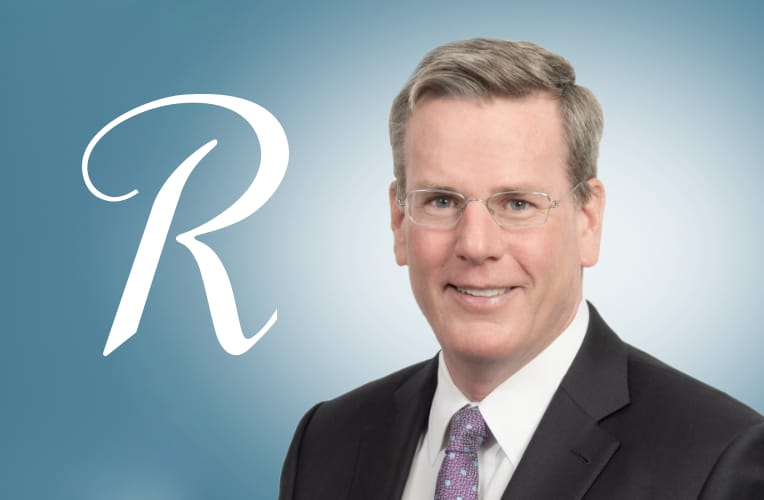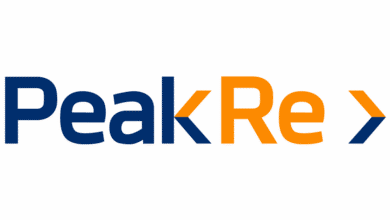Abundant capacity, cheaper reinsurance drive Q1 decline in property rates: Marsh

Rates for property insurance are declining across the globe with abundant capacity in the sector and insurers now benefiting from cheaper reinsurance costs, all of which is softening the property insurance market, commentary from broker Marsh suggests.
Marsh has reported that in the first-quarter of 2025 global commercial insurance rates fell 3%, on average across all classes.
That is a slight acceleration on the 2% decline in Q4 2024 and marks the third consecutive quarterly decrease following seven years of rising rates, Marsh said.
The broker said this moderating rate trend “is being driven by heightened competition in the global insurance market due to increased capacity from existing providers and some new entrants.”
Property insurance is one area where this is particularly evident, with insurers actively seeking new business opportunities and expanding their offerings, Marsh continued to explain.
John Donnelly, President, Global Placement, Marsh, commented, “Driven by increased insurer competition and favorable reinsurance pricing, global commercial insurance trends continued to improve for our clients, on average, in the first quarter of 2025, with the exception of US casualty.
“We expect the overall trend to continue, and for insurer competition to intensify, barring unforeseen changes in conditions. We are committed to helping clients manage costs, protect their balance sheets, and successfully navigate and benefit from the continued improvement in market conditions.”
Marsh’s data shows that commercial property insurance rates declined 6% globally, a much faster 3% decline than the 3% seen in Q4 2024.
Both the US and the Pacific regions saw the largest decreases, at 9% each, while the UK saw property insurance rates fall 6%, India, Middle East and Africa and Latin America and Caribbean regions declined 4%, Canada by 3%, Europe and Asia by 1%.
“The global property market is experiencing increased capacity driven by insurers’ improved financial performance and lower reinsurance costs,” Marsh said.
The United States commercial property insurance market showed signs of real softness emerging, with insurers offering coverage enhancements as they attempted to hold onto rate. This included higher limits, revised definitions, and lower deductibles, Marsh explained.
Another perhaps more concerning signal of softness is the fact Marsh said that underwriting scrutiny of submission data typically decreased for US property insurance in Q1.
It’s never a good sign when underwriters are giving away concessions to try and hold up rate, while also being less diligent on underwriting given their appetites to continue growing.
A further signal comes in Marsh’s statement that, “Clients with high loss activity and submissions viewed as lower quality by insurers generally faced less favorable renewals, although the environment remained more positive than in previous years.”
Suggesting that discipline remains and differentiation may be the key going forwards, with higher quality risks from firms deemed better underwriters may benefit from further softening.
It is beginning to feel like the stage of the cycle where growth becomes the main driver for underwriters while rates are still more elevated than they had historically been, so we’ll be looking out for more signs of discipline to emerge over the rest of the year.
As ever, reinsurance pricing and the state of the property catastrophe reinsurance renewals at mid-year, will be a key driver for insurance rates through the second-half in the US in particular.
Finally, in some regions of the world, commercial insurance buyers are increasingly looking to alternative risk transfer solutions, with parametric insurance coverage still growing in profile, Marsh reported.



